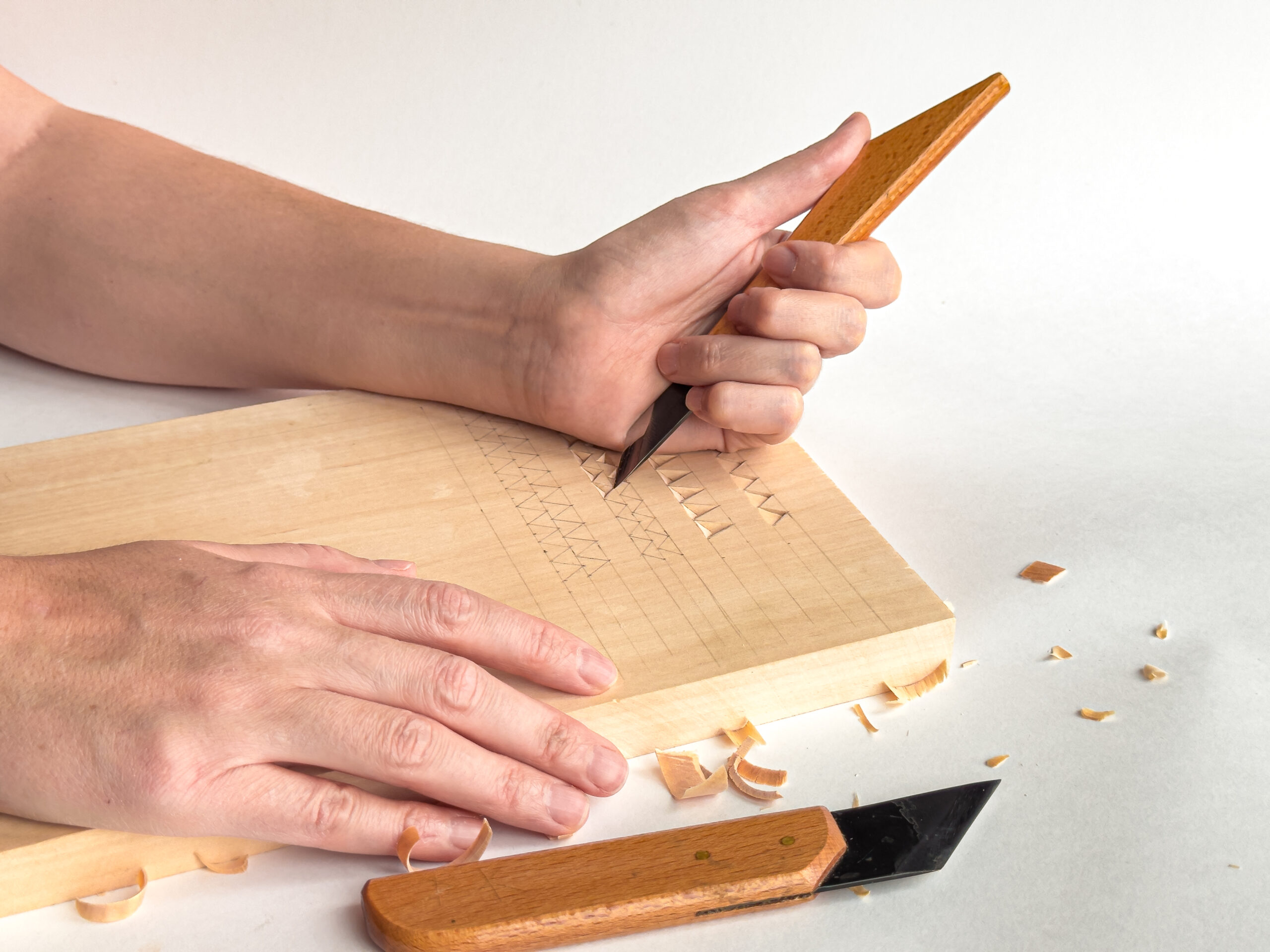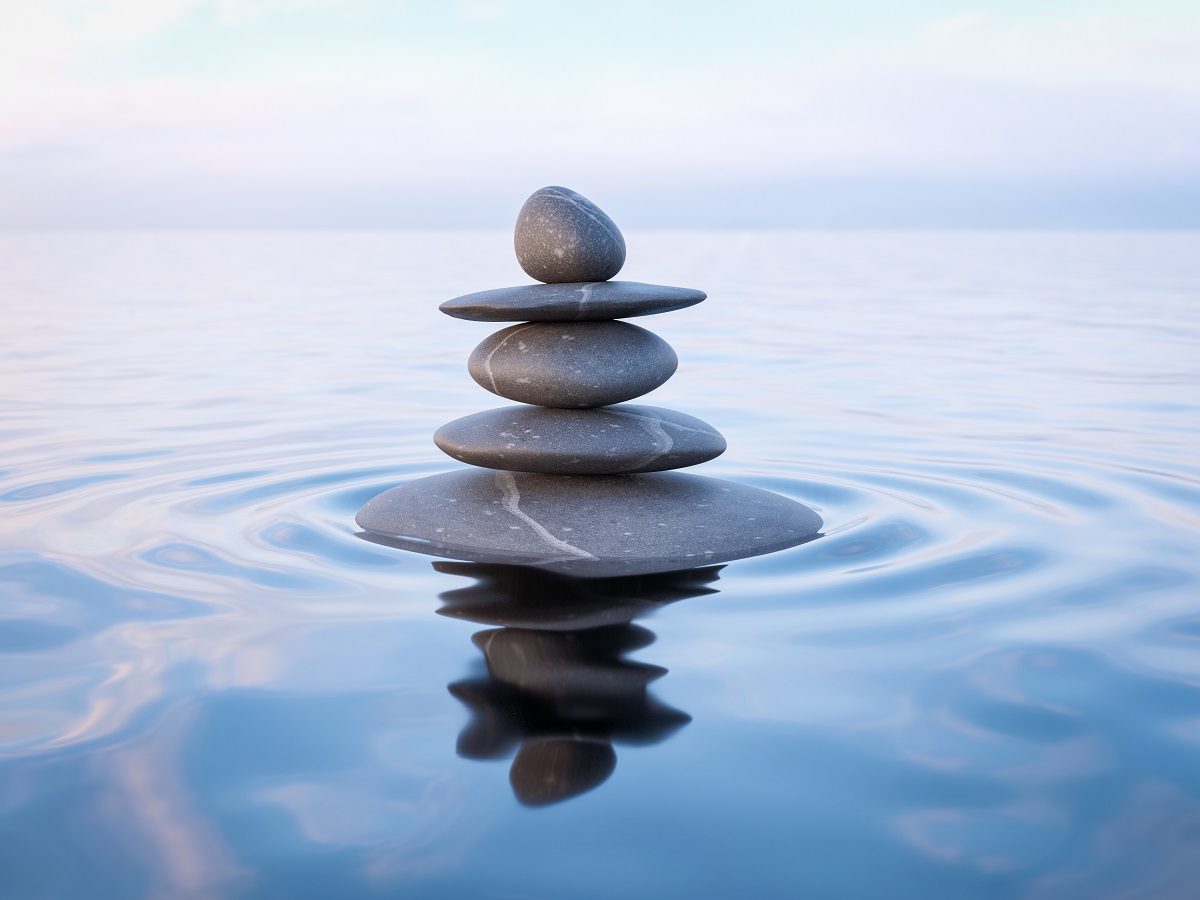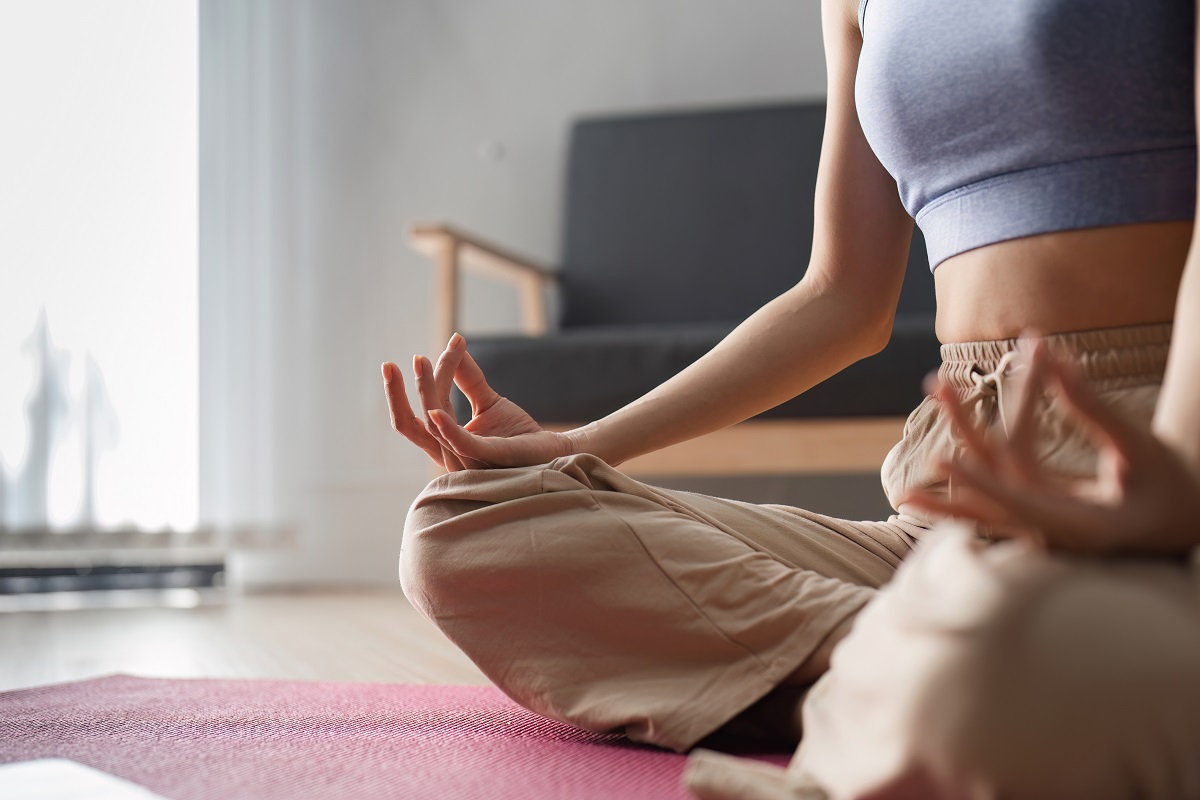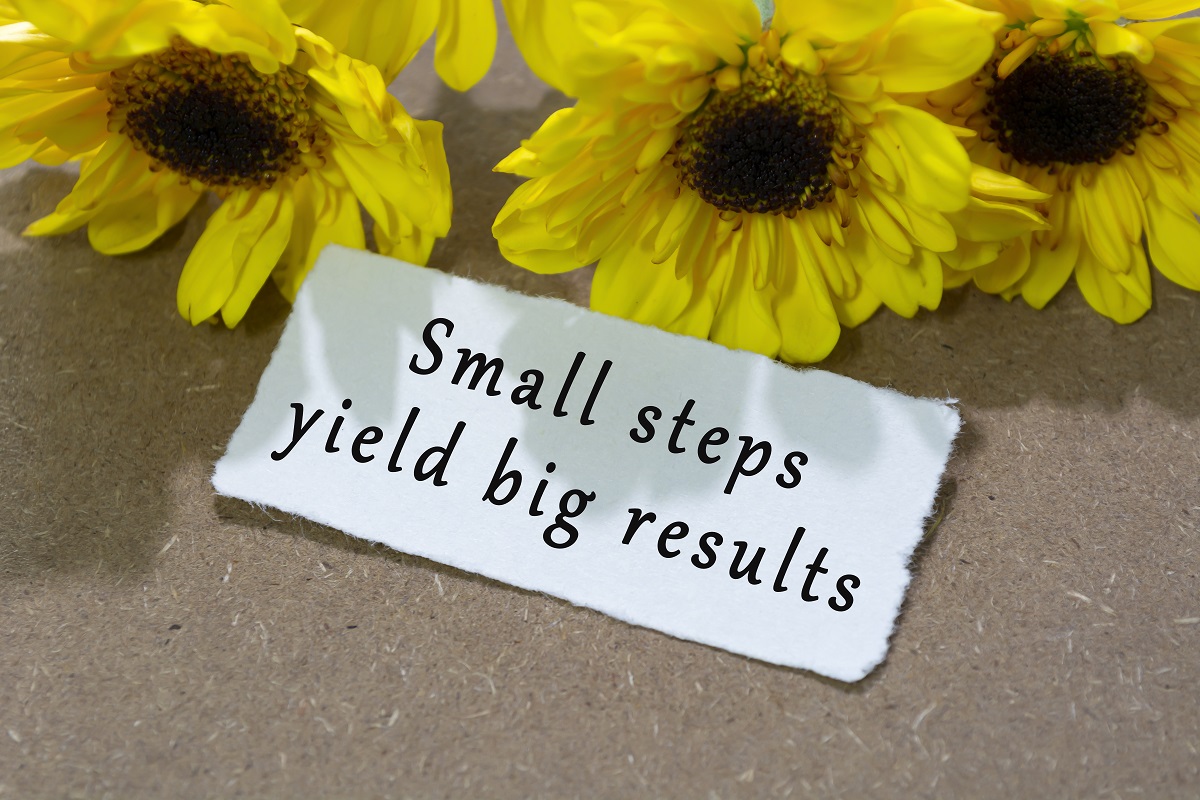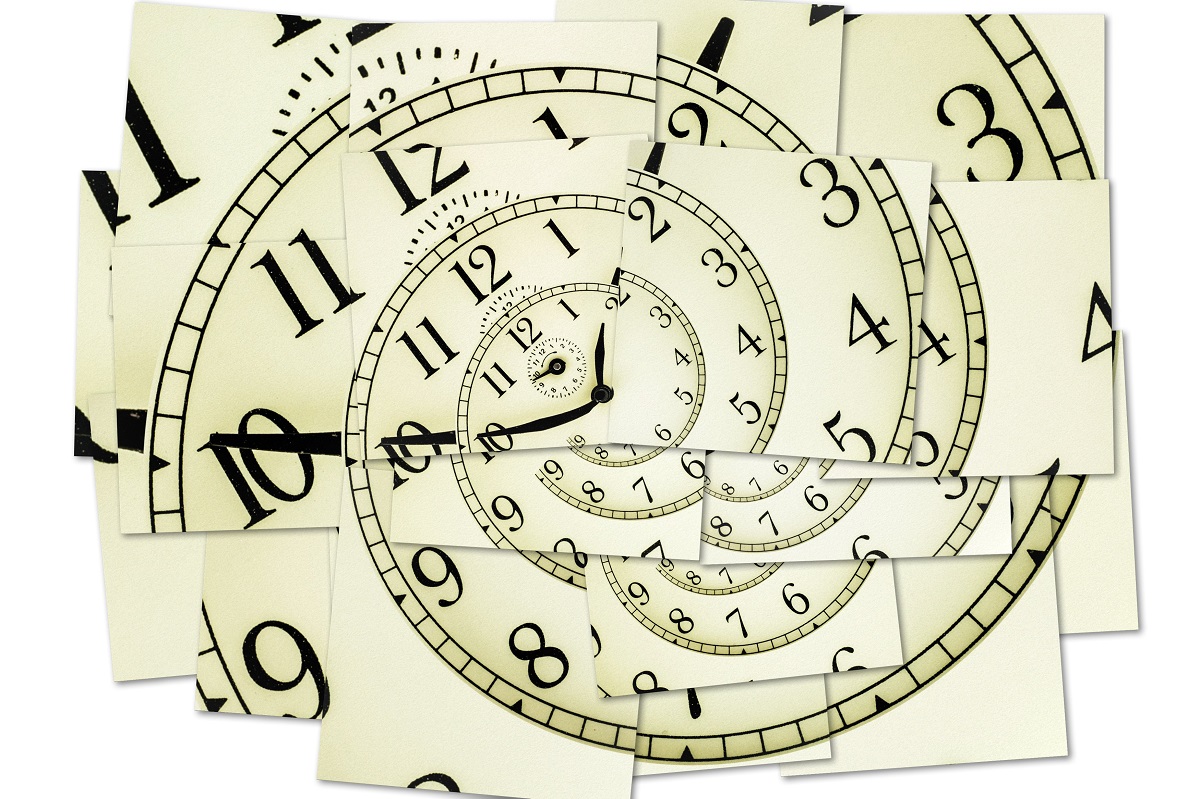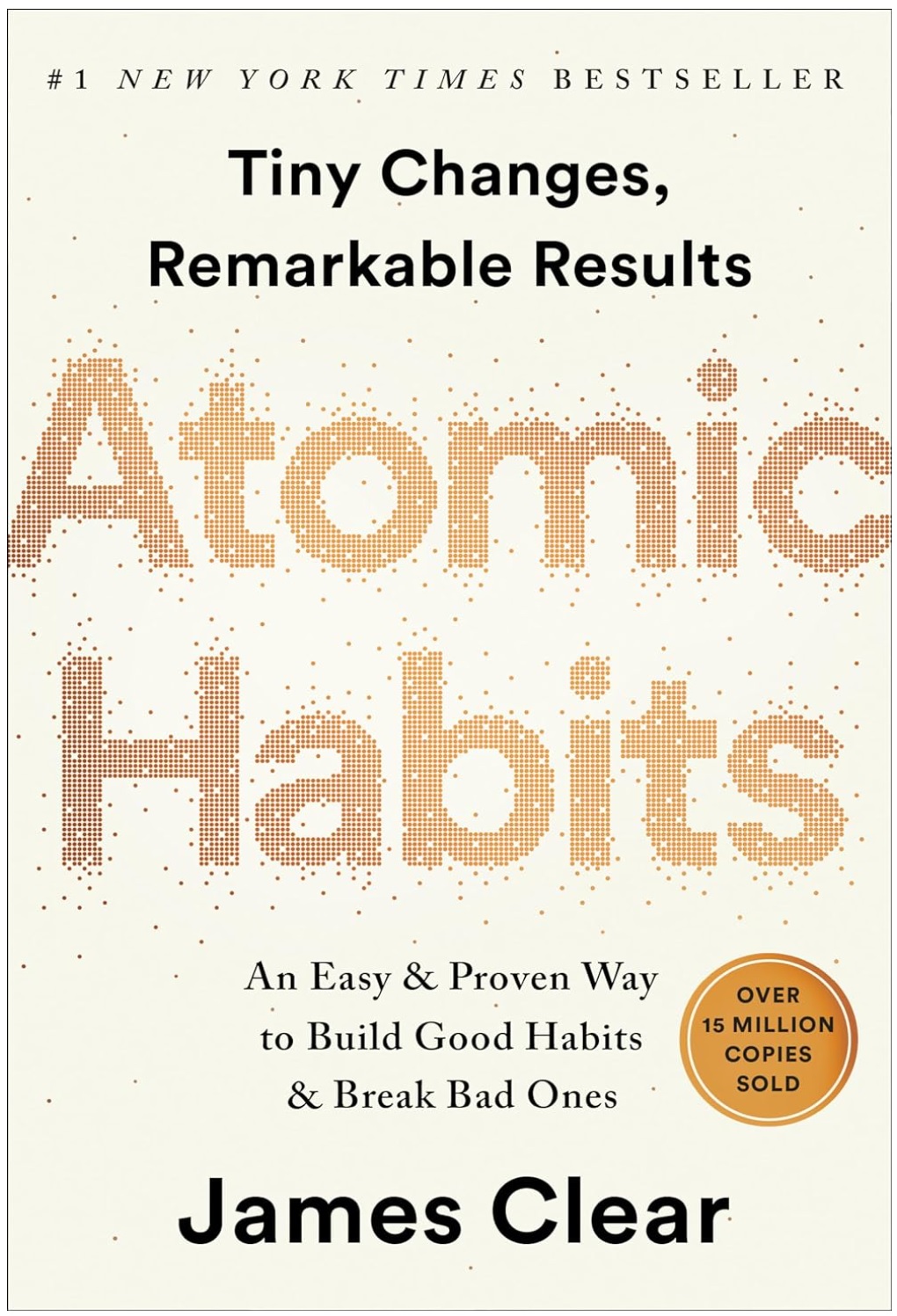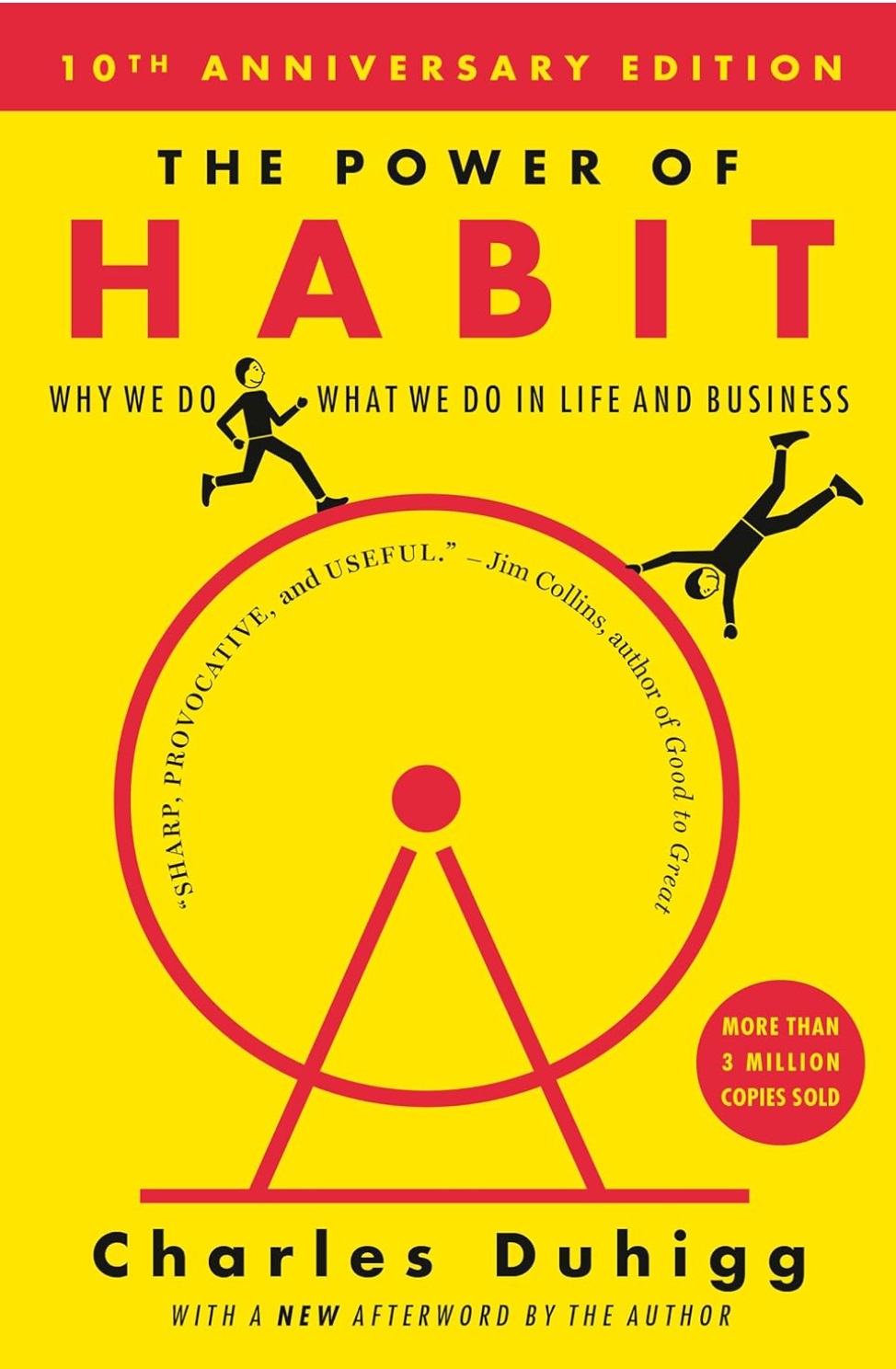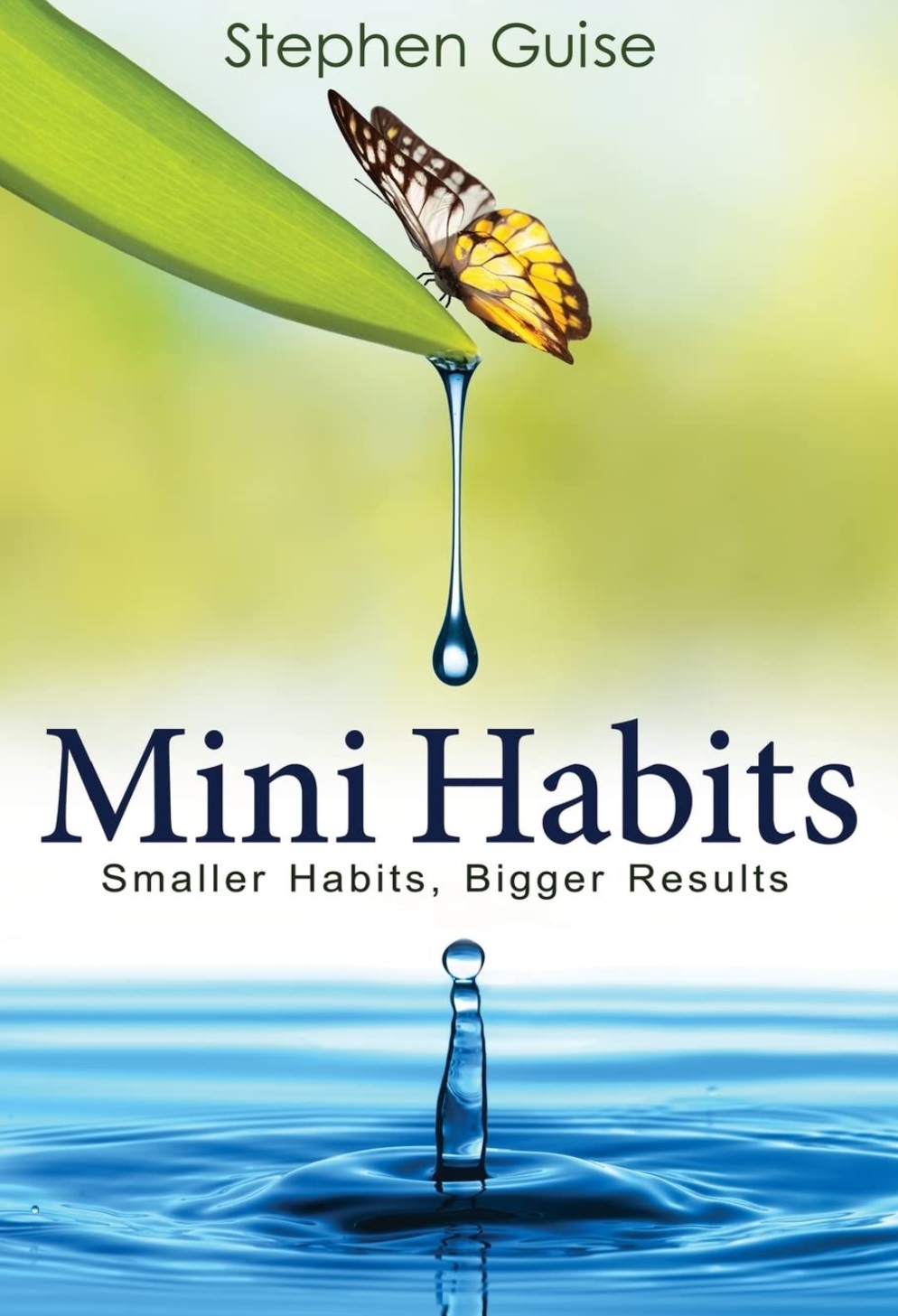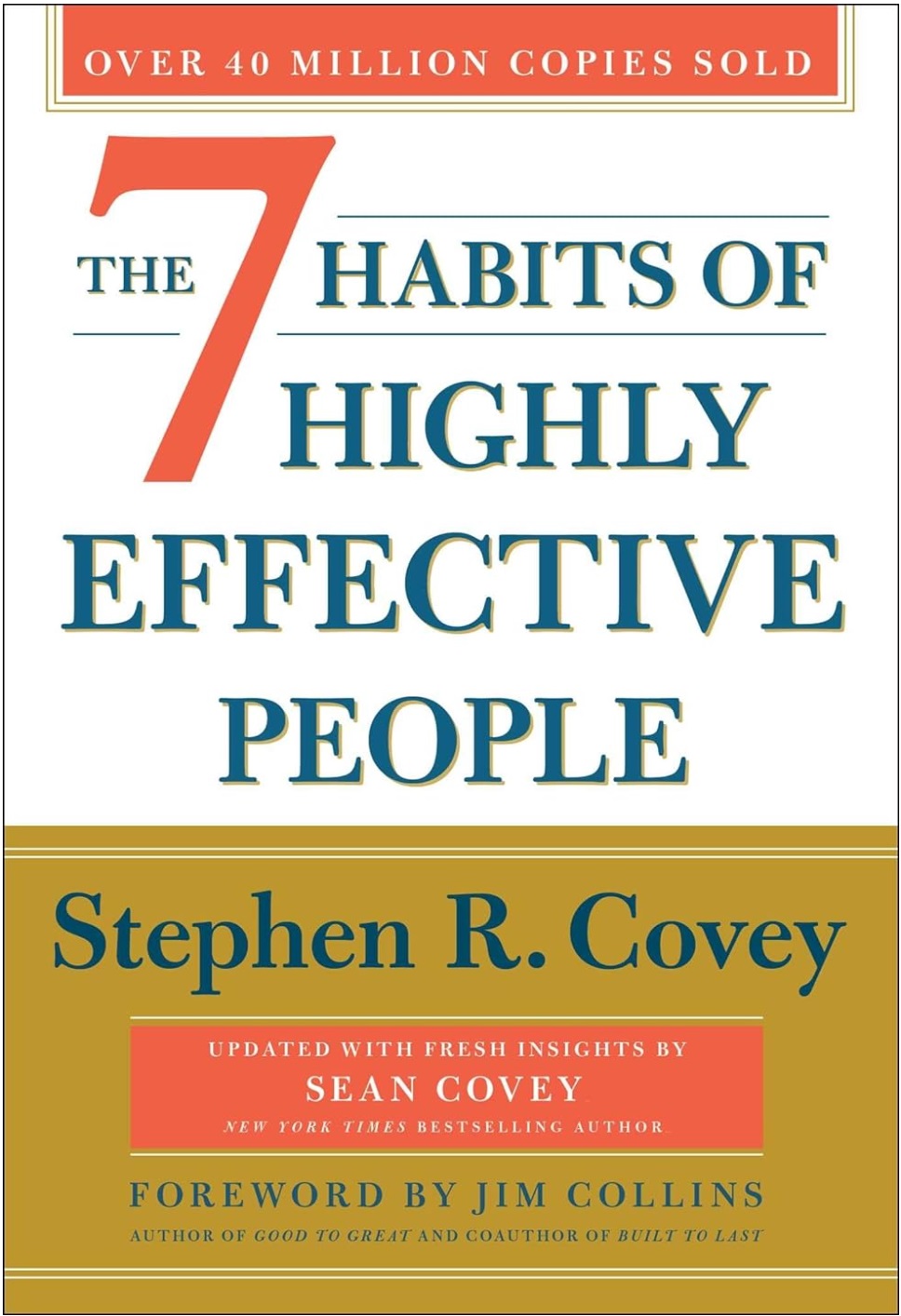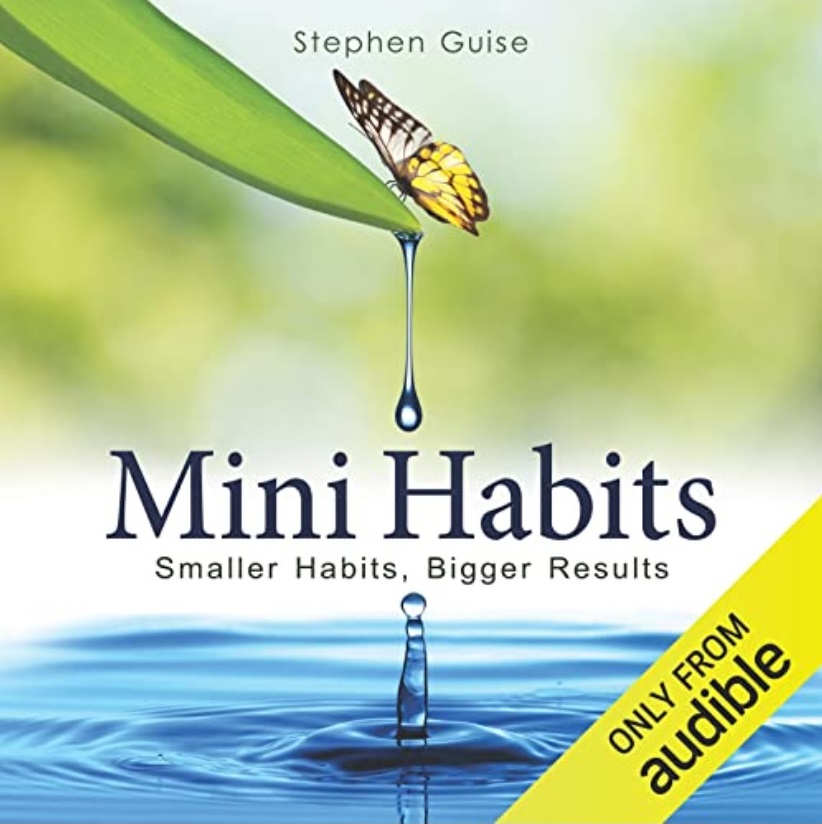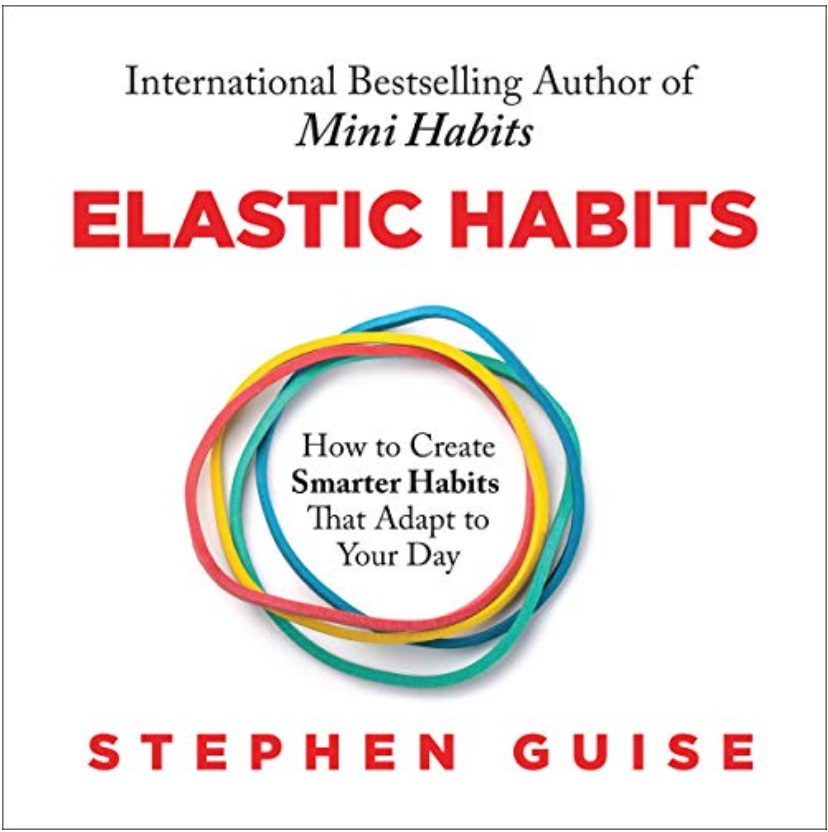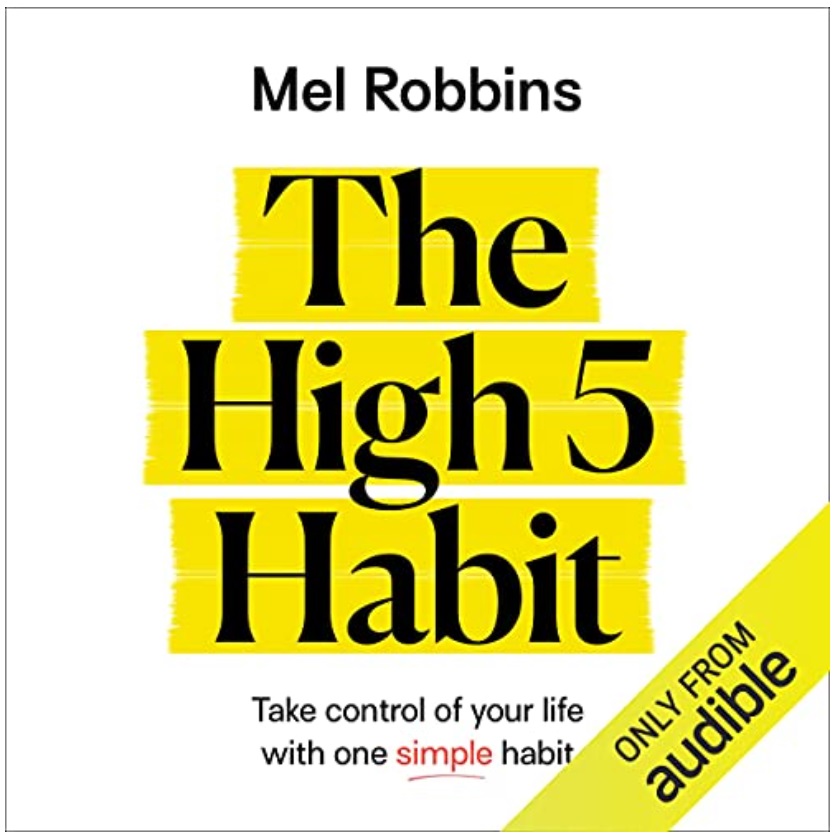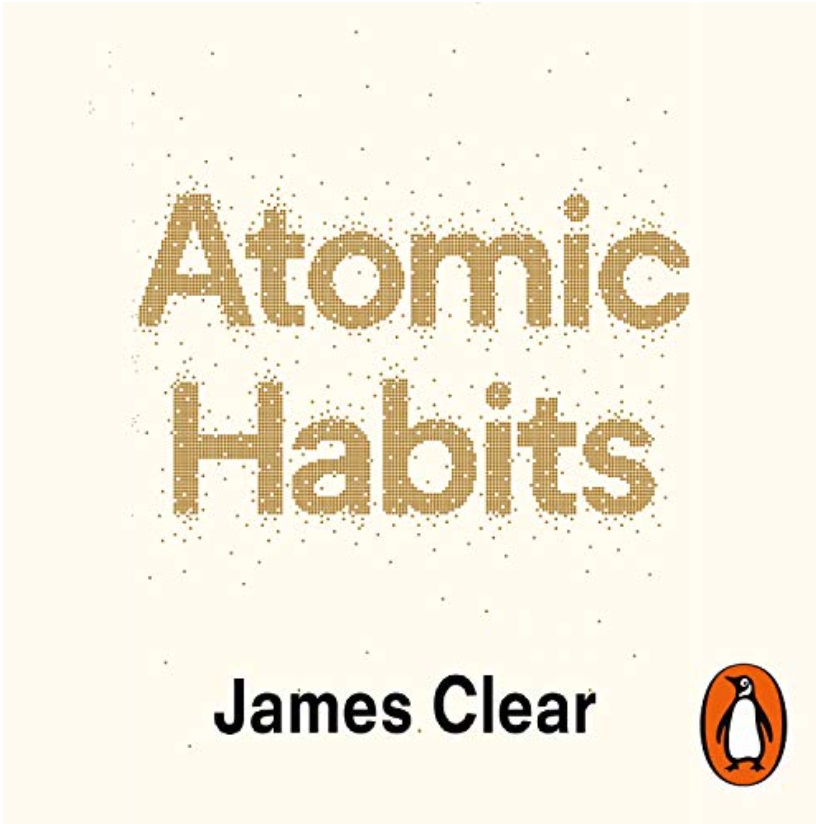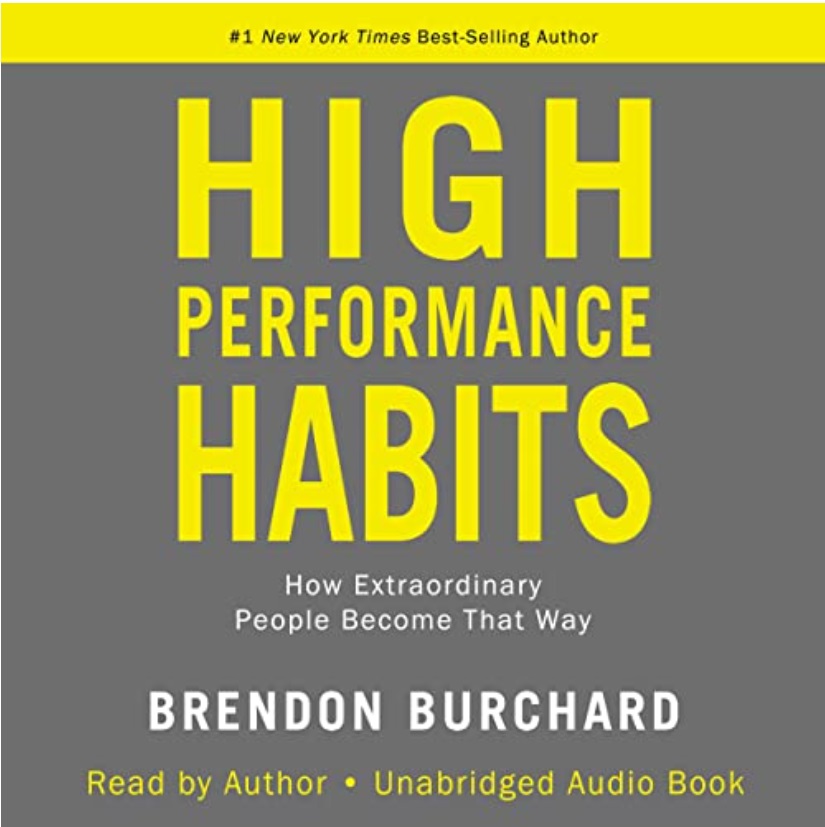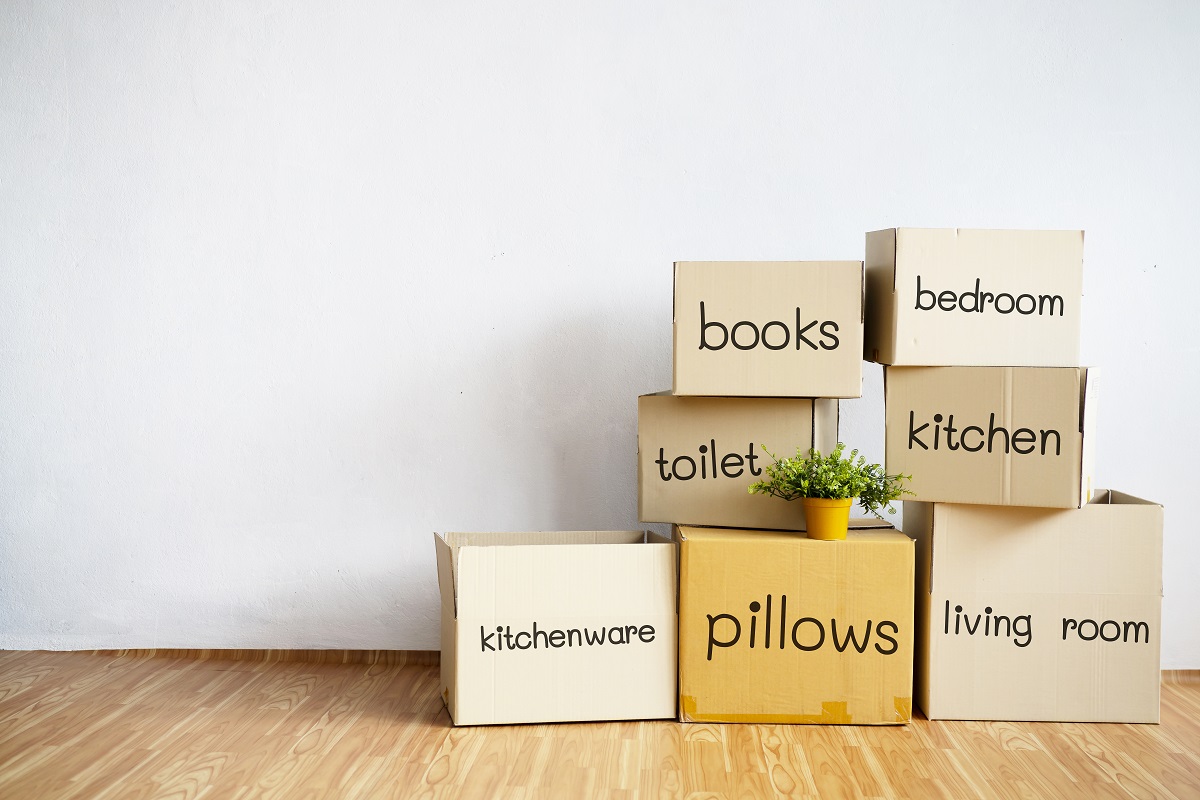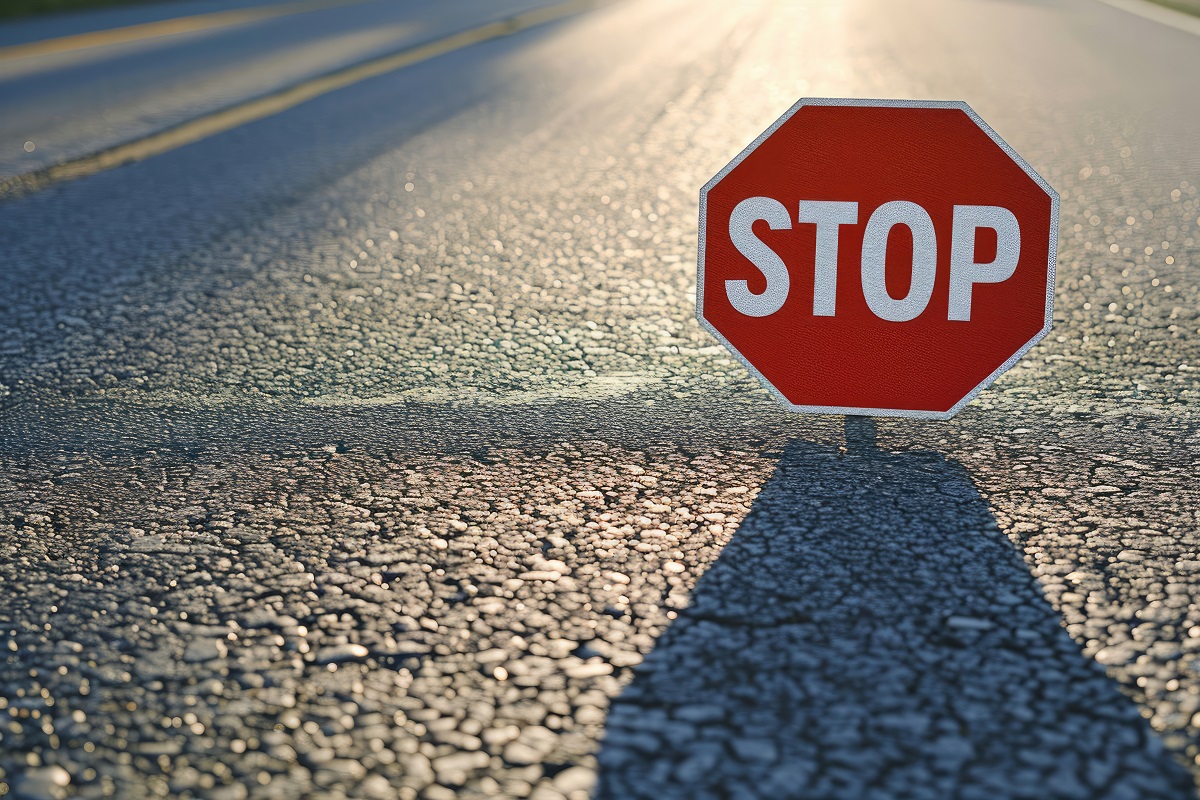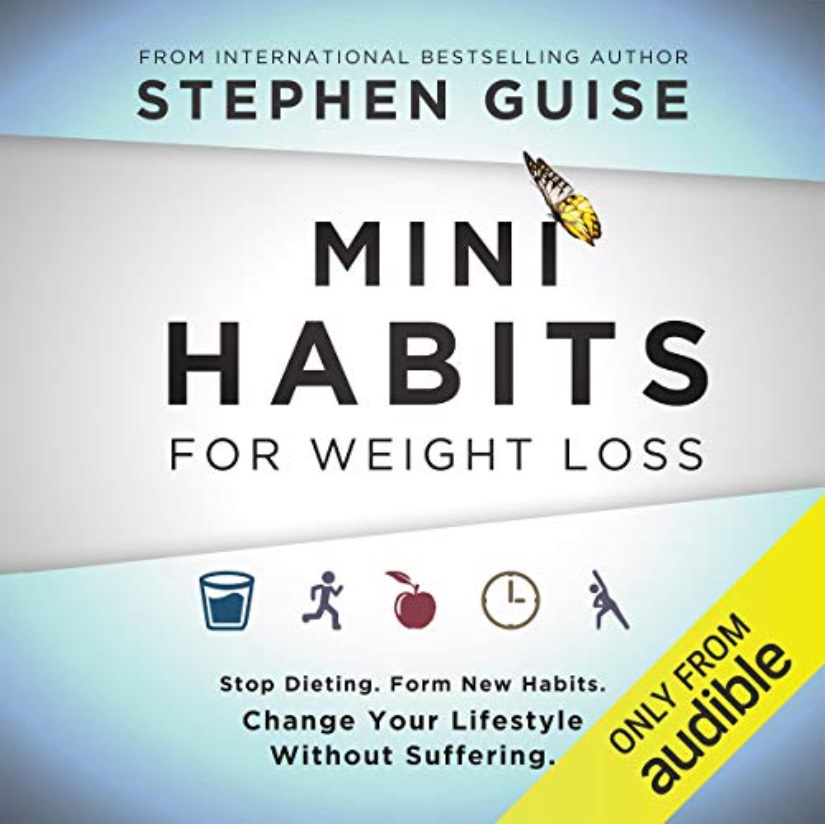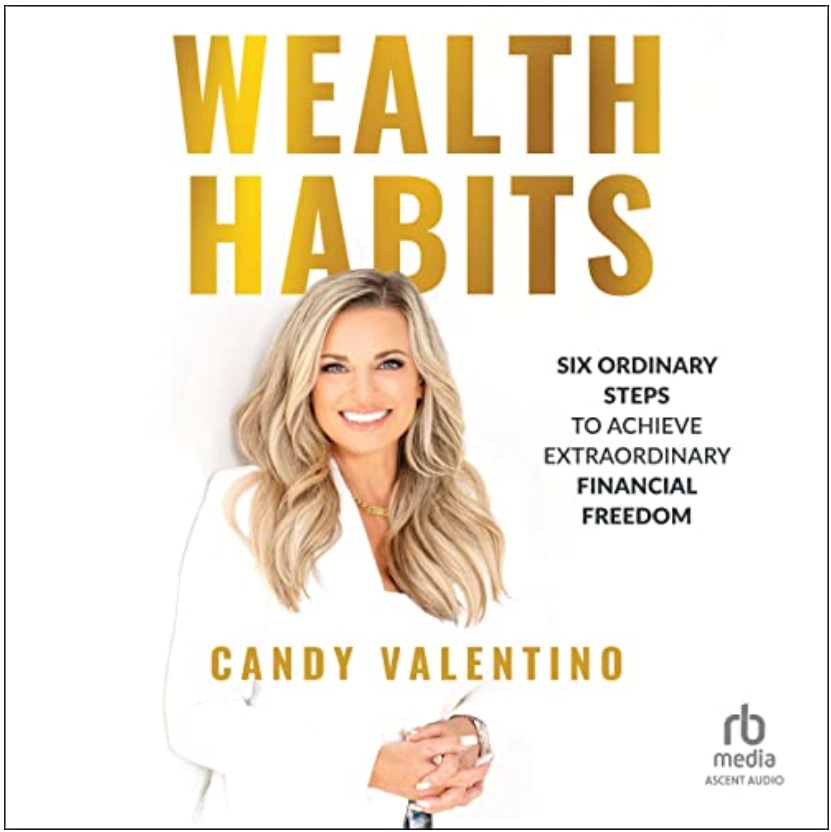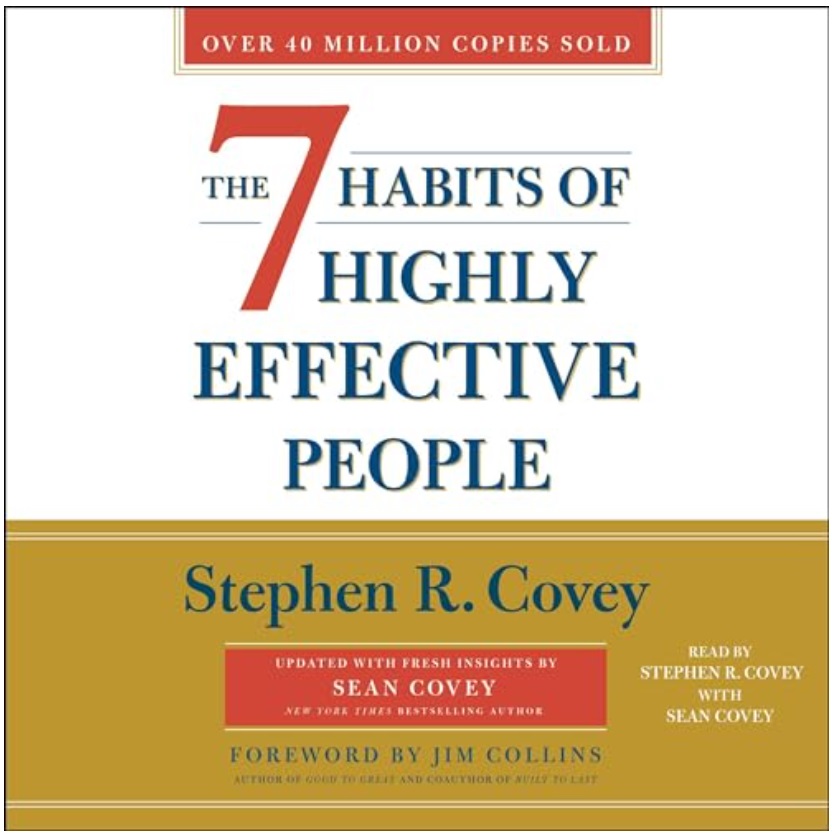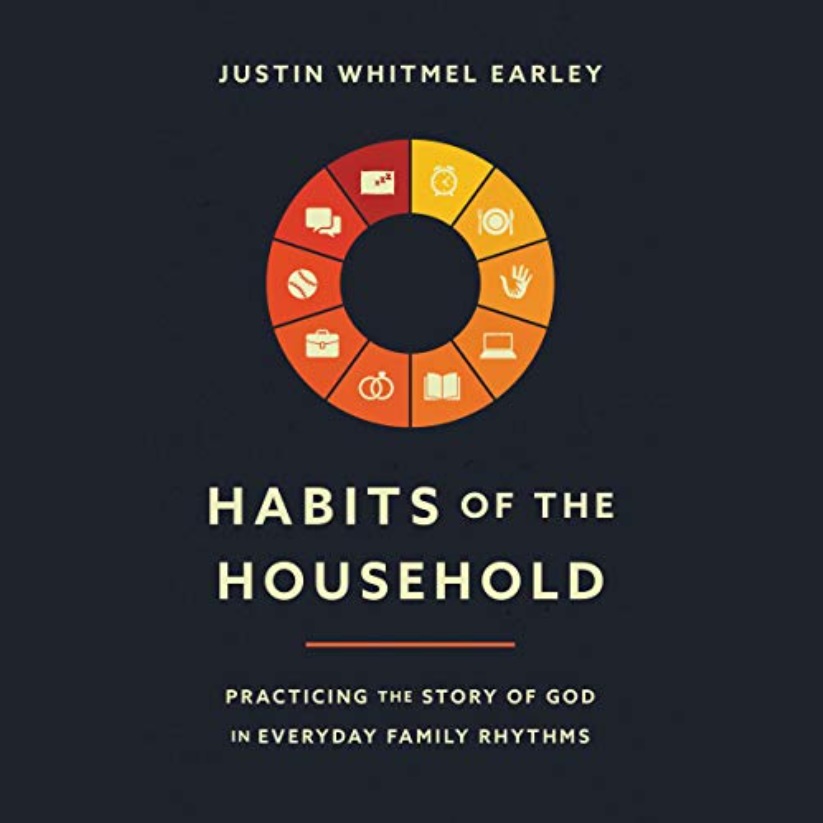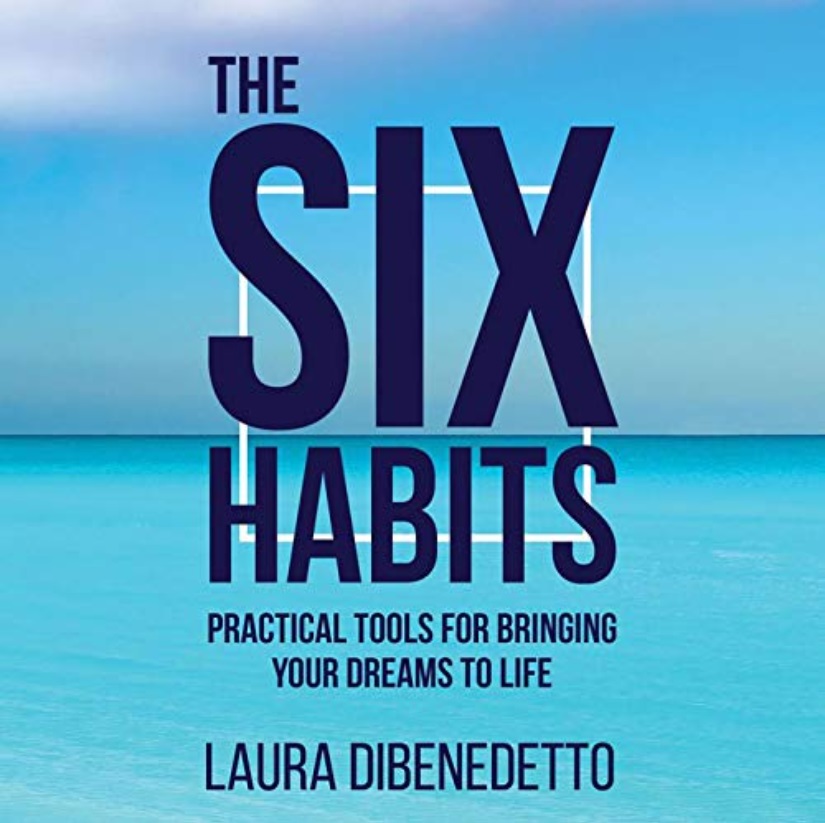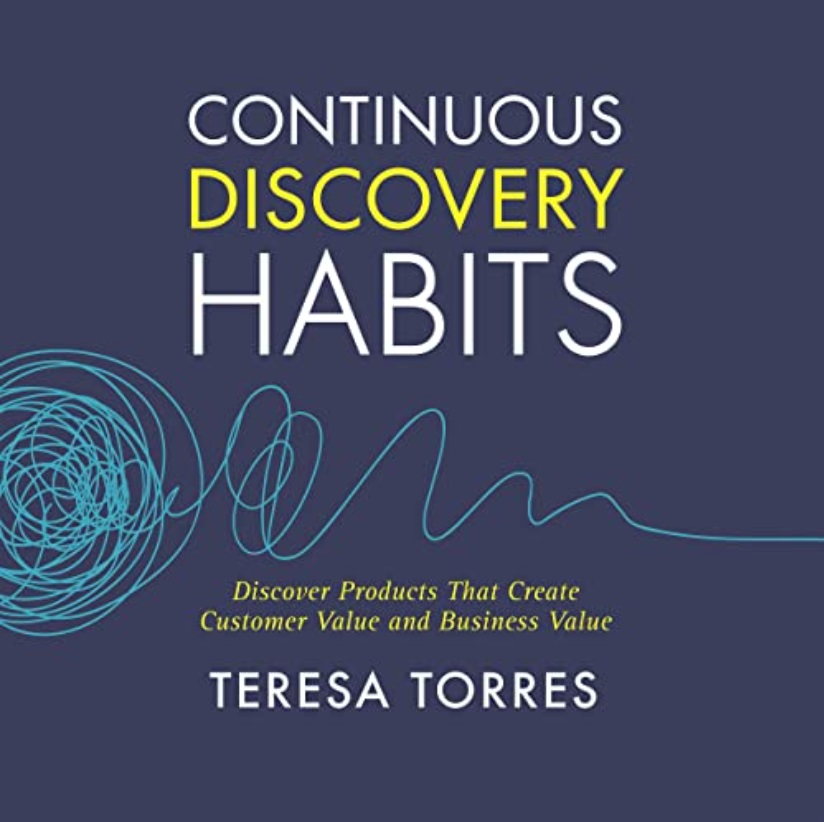- WHAT YOU'LL LEARN IN THIS ARTICLE
- Reflective journaling helps process emotions, reduce stress, and uncover clarity in daily decisions.
- Simple practices like free writing, prompts, and gratitude journaling make self-awareness easy to build and sustain.
- Consistent journaling fosters long-term growth, turning everyday reflection into a powerful habit for resilience and clarity.
Have you ever felt like your mind is a cluttered desk, piled high with unfinished thoughts, swirling worries, and scattered ideas? That’s how I used to feel most evenings. I would go to bed replaying conversations, second-guessing decisions, and wondering why my days felt so rushed yet empty. No matter how much I tried to “just relax,” my mind wouldn’t stop spinning.
Then I discovered journaling. Not journaling as in keeping a diary of daily events, but journaling as a tool for reflection. It became the place where I could untangle my thoughts, process emotions, and see myself more clearly. Over time, this habit didn’t just give me clarity—it sparked growth. Journaling became the mirror I held up to my inner world, and what I saw helped me change how I lived.
If you’ve ever wished for more self-awareness, more peace, or more direction, journaling for reflection might be the key. In this post, I’ll share practical ways you can use journaling as a daily habit for clarity and growth. I’ll also share some personal examples of how I apply these practices in my own life.
Let’s explore how you can unlock the power of reflective journaling.
Table of Contents
ToggleWhy Journaling Works as a Reflective Habit
Journaling is more than just writing words on paper; it’s a habit that creates space for awareness, honesty, and insight.
Journaling Helps You Process Emotions
When I’m upset, my instinct is often to bottle things up. I tell myself I don’t have time to feel everything right now, so I push emotions aside. But those unprocessed emotions don’t disappear; they show up later as stress, irritability, or even sleepless nights. Journaling helps me release them in a healthy way.
By writing freely about what I’m feeling, I can see my emotions from a distance. Sometimes I realize I’m angry about something small, like someone cutting me off in traffic, but what’s really behind it is exhaustion. Journaling helps me peel back those layers until I get to the truth.
Reflective Question: What emotions am I carrying right now, and how can I release them on the page?
Journaling Brings Clarity to Confusing Situations
Have you ever been caught in analysis paralysis, unable to make a decision? I’ve been there too many times. What I’ve found is that journaling helps me sort through the noise. When I write out all the options, fears, and possible outcomes, the situation often looks less overwhelming.
One time I was torn about whether to take on a new project. Writing about my excitement, my doubts, and my priorities revealed that my hesitation wasn’t about the project itself but about my fear of stretching myself too thin. That insight gave me the clarity I needed to say no with confidence.
Reflective Question: What decision or challenge feels unclear, and what insights come when I write through it?
Journaling Tracks Your Growth Over Time
One of the most underrated benefits of journaling is that it creates a record of who you’ve been and who you’re becoming. Looking back at old entries is like meeting your past self. I’ve reread journals from a year ago and been amazed by how much I’ve grown.
Sometimes I cringe at my old worries, but I also feel grateful for the progress I’ve made. Seeing that growth in black and white is motivating. It reminds me that even when change feels slow, it’s happening.
Reflective Question: What do my past journal entries show me about how I’ve grown?
Getting Started with Reflective Journaling
The hardest part of journaling is often knowing how to begin. But the truth is, there’s no “right way.” Journaling is flexible, and you can shape it to fit your lifestyle.
Start Small and Simple
When I first started journaling, I told myself I had to write a full page every day. Unsurprisingly, I burned out within a week. Now I know that even two sentences can count as journaling. Some days I just write, “Today I felt grateful for my morning walk,” and that’s enough.
Starting small removes the pressure and makes the habit sustainable. What matters is consistency, not perfection.
Reflective Question: What’s one small journaling step I can commit to today, even if it’s just a sentence?
Create a Journaling Routine
Habits stick better when they’re tied to something you already do. I found success by linking journaling to my morning coffee. I sit down with my cup, open my notebook, and let my thoughts spill out. Because I paired journaling with something I already looked forward to, it became natural instead of forced.
You might prefer evenings, when you can reflect on the day before bed. The best routine is the one you’ll actually keep.
Reflective Question: When in my day can I pair journaling with an existing routine to make it a habit?
Choose a Medium That Works for You
I used to think journaling had to be pen and paper, but I’ve discovered that different formats work at different times. Sometimes I use a digital journaling app when I’m on the go, other times I grab a notebook. The key is finding what feels easiest and most enjoyable.
Personally, I love the tactile feel of writing by hand, but on busy days, typing on my laptop works too. Don’t get stuck on the “perfect” method—just use what helps you write consistently.
Reflective Question: What journaling medium feels most natural for me right now, and why?
Journaling Techniques for Reflection
Once you’re comfortable with journaling, you can explore techniques that deepen your reflection and bring out fresh insights.
Free Writing
Free writing means writing continuously without censoring or editing yourself. You set a timer, usually 10 minutes, and write whatever comes to mind. The goal is to let your thoughts flow without judgment.
I often use this when my mind feels cluttered. Sometimes what comes out looks like nonsense, but hidden in those words are insights I wouldn’t have reached otherwise. Free writing has shown me patterns in my worries, like how often I link my stress to overcommitment.
Reflective Question: If I write freely for 10 minutes, what thoughts or feelings rise to the surface?
Prompted Journaling
If you feel stuck, journaling prompts can guide you. Prompts are simply questions or statements to spark reflection. Some of my favorites are:
- What energized me today?
- What drained me today?
- What am I learning about myself right now?
I once used the prompt, “What am I avoiding?” and ended up uncovering a big fear I hadn’t admitted to myself. That single question shifted how I approached my goals.
Reflective Question: Which journaling prompt feels most relevant to me today?
Gratitude Journaling
Writing about what you’re grateful for is one of the most uplifting journaling practices. It shifts your focus from what’s lacking to what’s already present. I usually list three things I’m grateful for, but sometimes I go deeper and write about why I appreciate them.
On difficult days, gratitude journaling has helped me see small sparks of good, like a kind word from a stranger or the comfort of a hot shower. It doesn’t erase problems, but it balances perspective.
Reflective Question: What am I grateful for today, and how does it enrich my life?
Advanced Journaling Methods for Deeper Reflection
Once you’ve built a basic journaling habit, you can begin experimenting with advanced techniques. These practices help you go beyond surface-level thoughts and uncover deeper truths about yourself.
Stream of Consciousness Journaling
Stream of consciousness journaling is similar to free writing, but it goes further; instead of setting a timer, you write continuously until you feel you’ve emptied your mind. I’ve used this method when I’ve felt overwhelmed, and it has been like unclogging a drain. At first, the words spill out chaotically, but after a while, a sense of clarity begins to emerge.
One evening, I wrote about a tough conflict at work. My thoughts jumped from frustration to self-doubt to anger. Eventually, though, the writing revealed that what I truly felt was fear of not being valued. That deeper awareness allowed me to approach the situation calmly instead of defensively.
Reflective Question: If I let my thoughts pour out without stopping, what hidden feelings or insights might rise to the surface?
Letter Writing as Journaling
Another powerful method is writing letters that you never send. You can write a letter to yourself, to someone you’re struggling with, or even to your future self. These letters don’t have to be shared—they’re for your eyes only.
I once wrote a letter to my younger self, apologizing for being so critical and reminding them they were enough. It was surprisingly emotional, and it helped me soften the way I speak to myself now. On another occasion, I wrote a letter to someone I was angry with, which gave me a safe way to release the emotion and gain perspective before having a real conversation.
Reflective Question: Who could I write a letter to today—past me, future me, or someone else—to process my feelings more clearly?
Journaling with Themes
Some people find it helpful to pick a theme for their journaling practice. A theme might be resilience, kindness, courage, or patience. Each day, you reflect on how that theme showed up in your life.
When I focused on the theme of patience, I noticed how often I rushed through simple tasks like eating or listening to someone. Over time, journaling about patience encouraged me to slow down and be more present.
Reflective Question: What personal quality or theme do I want to reflect on this week, and how does it show up in my daily life?
Overcoming Common Journaling Challenges
Even with the best intentions, journaling can come with challenges. The good news is that these obstacles are normal, and with some adjustments, you can move past them.
“I Don’t Have Time to Journal”
The most common barrier is time. I’ve told myself this countless times, especially during busy weeks. But I realized journaling doesn’t have to take half an hour. Even a single sentence can shift your mindset.
When I only have a few minutes, I’ll write, “Today I’m grateful for my health,” or “Right now I feel stressed but hopeful.” Those quick reflections still give me clarity. Consistency matters more than length.
Reflective Question: If I only had two minutes to journal today, what would I write?
“I Don’t Know What to Write About”
Writer’s block isn’t just for novelists—it can show up in journaling too. Some days, I stare at the blank page with no idea where to start. That’s when prompts come in handy. I keep a list of questions like, “What’s on my heart right now?” or “What’s one lesson I learned today?”
Other times, I simply start with, “Right now I feel…” and let the words flow from there. The act of beginning almost always opens the door to deeper thoughts.
Reflective Question: What’s the first feeling or thought on my mind right now, and how can I start writing from there?
“I’m Afraid Someone Will Read It”
Another challenge is fear of privacy. I’ve worried that if someone stumbled across my journal, they might judge me. To ease this, I remind myself that journaling is for me, not anyone else. I’ve also kept digital journals with passwords or written on loose pages that I later shred if they feel too vulnerable.
Protecting your privacy makes it easier to be honest, and honesty is what makes journaling powerful.
Reflective Question: What can I do to create a safe space for honest journaling without fear of being read?
Personal Stories: How Journaling Has Helped Me
I want to share a few personal examples of how journaling has shaped my life. These are the kinds of small but meaningful ways that reflective journaling makes a difference.
Journaling Through Anxiety
There was a period when my anxiety was at its peak. My mind would spin with what-ifs: What if I fail? What if people judge me? What if something goes wrong? Journaling became a way to capture those fears and challenge them.
One night, I wrote down every anxious thought I had, then beside each one, I wrote a more realistic perspective. Seeing them side by side took away their power. The act of writing turned vague fear into concrete words I could question and release.
Journaling for Gratitude and Joy
On another note, journaling has helped me savor the good things. I once decided to write one joyful moment each day for a month. At first, they seemed small: the smell of fresh coffee, a smile from a stranger, a walk at sunset. But by the end of the month, my journal was full of beauty I might have overlooked. That practice changed the way I looked at my daily life.
Journaling for Clarity in Decisions
When I faced a big decision about changing careers, journaling was my lifeline. I wrote about my fears, my dreams, and the practical pros and cons. Over several days, the answer became clearer: I wanted to choose growth over comfort. Journaling didn’t make the decision for me, but it illuminated the path forward.
Action Plan: How to Build a Sustainable Journaling Habit
Journaling works best when it becomes a consistent part of life. Here’s a simple action plan to help you build the habit.
- Choose a time of day that feels natural—morning, evening, or even during a lunch break.
- Start with a realistic goal, like two minutes or three sentences per day.
- Use prompts when you feel stuck. Keep a list of go-to questions.
- Experiment with different styles: free writing, gratitude, letters, or themes.
- Protect your privacy so you can be fully honest.
- Review your entries weekly or monthly to notice patterns and celebrate growth.
Reflective Question: What one journaling step can I take today that feels small enough to start but meaningful enough to matter?
My Concluding Thoughts
Journaling for reflection is one of the simplest yet most transformative habits you can build. It gives you clarity in confusion, release in stress, and perspective in growth. It’s not about writing perfect pages; it’s about showing up with honesty and curiosity.
I’ve seen firsthand how journaling has helped me process anxiety, celebrate joy, and make important decisions. It’s given me a safe space to meet myself with compassion and discover insights I might otherwise miss. Over time, it has become not just a practice but a trusted companion in my personal growth journey.
If you’ve been thinking about starting, don’t wait for the perfect notebook or the perfect moment. Grab what you have and begin with a single sentence. Reflection doesn’t need to be grand to be powerful.
Your journal is waiting for you, not as a task but as an invitation—a space to unlock clarity, cultivate gratitude, and grow into the person you want to be.
References
Blog Posts Referenced in This Article
External Sources Referenced in This Article
Exploring reflective journaling as a learning tool – This study finds that journaling enhances self-awareness and mental wellbeing in educational settings.
Impact of Journaling on Students’ Self‑Efficacy and Locus of Control – Shows journaling supports personal development and self-growth among college students.
Reflective Journals: A Tool for Self‑Reflection, Self‑Awareness and Professional Development – Describes journaling as a journey of discovery, deepening awareness and development.



